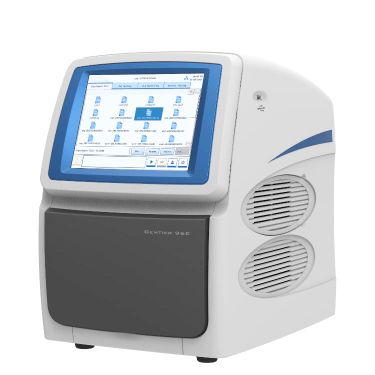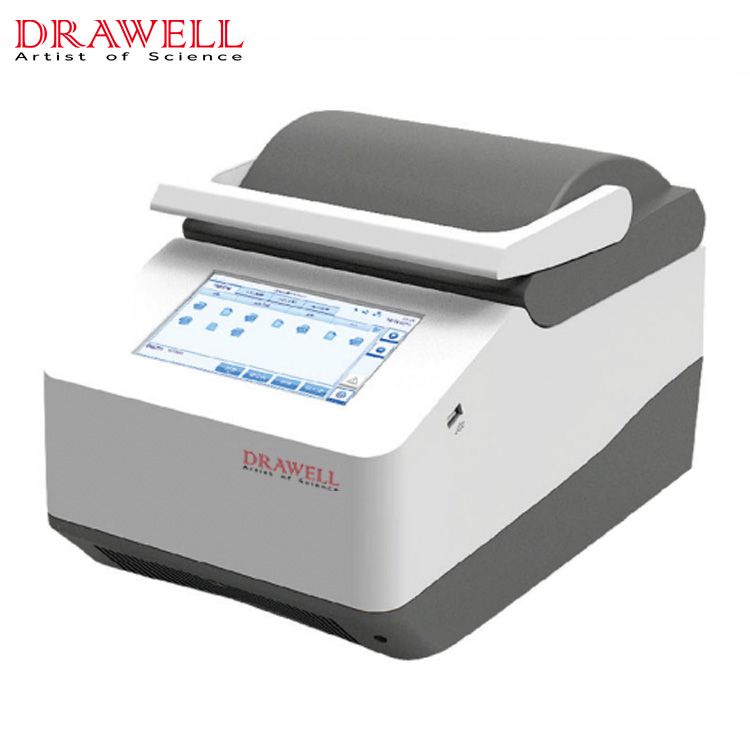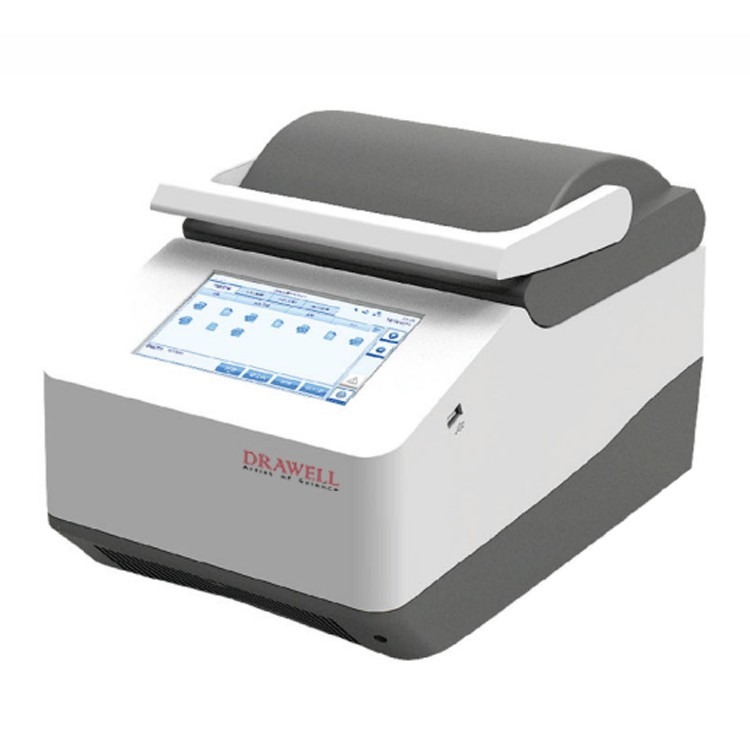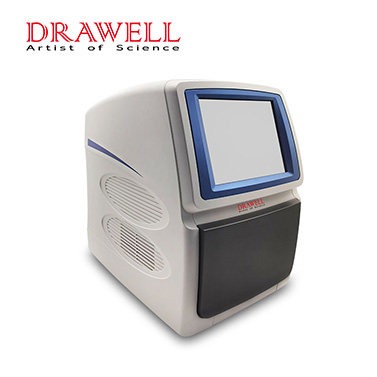The Polymerase Chain Reaction (PCR) is a groundbreaking molecular biology technology that has revolutionized genetics and diagnostics. PCR, invented by Kary B. Mullis in the 1980s, has become a vital tool in modern laboratories, allowing scientists to amplify and study DNA with amazing precision and speed. In this article, we will explore the technique of PCR, its fundamental principles, applications, and the impact it has had on various scientific disciplines.

Fundamental Principles of PCR
The Polymerase Chain Reaction (PCR) is a powerful molecular biology technique used to amplify and analyze DNA. PCR relies on a few fundamental principles that underpin its success.
1. DNA Denaturation
The first step in a PCR cycle is to heat the reaction mixture to a high temperature (usually around 94-98°C). This causes the double-stranded DNA to denature or separate into two single strands. The high temperature disrupts the hydrogen bonds that hold the DNA strands together, resulting in the production of two single-stranded DNA molecules.
2. Primer Annealing
Following denaturation, the reaction temperature is reduced to 50-65°C. During this step, short DNA sequences called primers anneal, or bind, to the single-stranded DNA. These primers are designed to be complementary to sequences on either side of the target DNA region. Each primer serves as a starting point for DNA synthesis.
3. DNA Extension
The temperature is raised to roughly 72°C once the primers have been linked to the DNA. DNA polymerase, an enzyme that can create new DNA strands, becomes active at this temperature. DNA polymerase stretches from the primers along the single-stranded DNA template, resulting in the formation of a complementary strand of DNA. The amount of DNA in the reaction is virtually doubled by this technique.

4. Cycling
In a PCR machine, also known as a thermocycler, the denaturation, annealing, and extension steps are repeated. Every cycle, the amount of the target DNA sequence is doubled. 20 to 40 cycles are typically conducted, leading in an exponential increase in the number of DNA molecules with the desired sequence.
The principles of polymerase chain reaction (PCR) allow for the selective and efficient amplification of a specific DNA target. By using appropriate primers that flank the region of interest, researchers can replicate a particular DNA sequence and generate millions of copies of it. This technique is invaluable in various applications, such as DNA sequencing, genetic testing, forensics, and the study of genes and genetic mutations.
Applications of PCR
The versatility of PCR has led to its adoption in a wide range of applications.

Genetic Testing
PCR is widely employed in DNA diagnostics and genetic testing. It allows for the discovery of specific gene mutations associated with genetic disorders, cancer, and infectious diseases.
Forensics
PCR is an important technology in forensic science for DNA profiling and analysis, assisting in criminal investigations and identifying human remains.
Microbial Detection
Microorganisms such as bacteria, viruses, and fungus are identified and characterised using PCR. It is very useful in the diagnosis of infectious disorders.
Environmental Studies
Researchers can employ PCR to detect and examine diverse microorganisms in environmental samples, assisting them in monitoring ecosystems and assessing pollution levels.
Phylogenetics
PCR is useful in analyzing species’ evolutionary links. It enables the sequencing of specific genes, which may then be used to construct phylogenetic trees and learn about genetic diversity.
Drug Development
PCR is used to validate drug targets, screen potential drug candidates, and monitor the progression of diseases in preclinical and clinical trials.
Agriculture
PCR is utilized in agricultural practices for crop and livestock improvement, pathogen detection, and monitoring genetically modified organisms (GMOs).

Impact and Future Developments of PCR
PCR has had an enormous impact on scientific research, medicine, and a variety of industries. It has transformed the way we approach genetic analysis, allowing for faster, more accurate, and cost-effective ways in a variety of applications. Continuous improvements in PCR technology have resulted in the creation of real-time PCR (qPCR), digital PCR (dPCR), and isothermal amplification techniques, which have increased the applicability of the technique.
PCR has become an indispensable tool in the battle against infectious diseases, including the global response to COVID-19, where it has played a pivotal role in diagnostic testing and monitoring the virus’s mutations.

Conclusion
The Polymerase Chain Reaction has had a significant impact on life sciences and other fields. It has enabled advances in genetics, diagnostics, and our understanding of nature. As technology advances, PCR will remain a cornerstone of modern molecular biology, shaping how we investigate and change the genetic information that underpins life on Earth.



